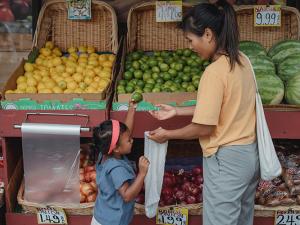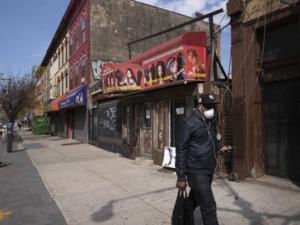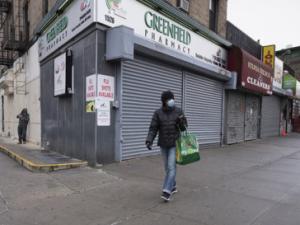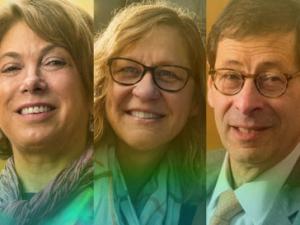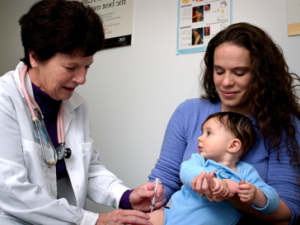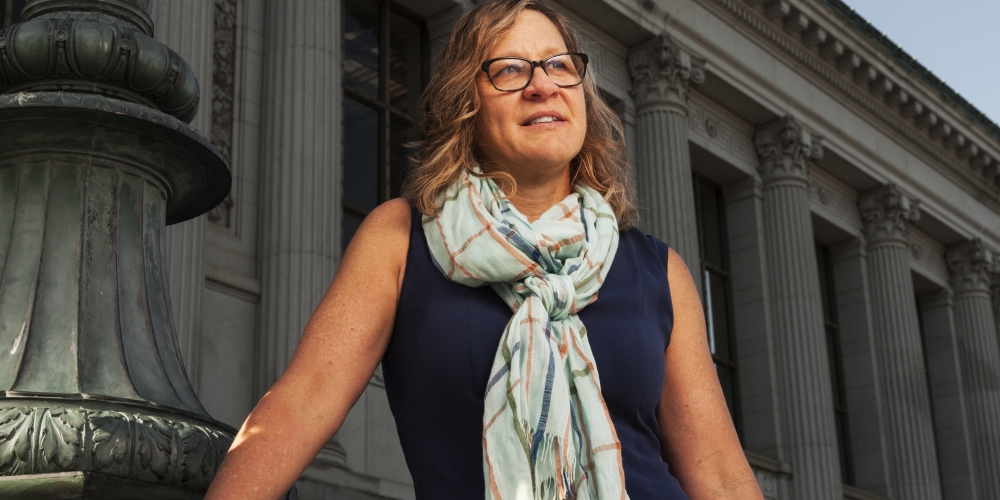

Research Expertise and Interest
poverty, inequality, economic policy, Social Safety Net, labor economics, public economics, Food Insecurity, COVID-19
Research Description
Hilary Hoynes is Professor of Economics and Public Policy and holds the Haas Distinguished Chair of Economics Disparities at UC Berkeley. She also directs the Berkeley Opportunity Lab. She is an economist who works on poverty, inequality, and the social safety net. Her current research examines how access to the social safety net in early life affects children’s later life health and human capital outcomes. Professor Hoynes is a member of the National Academy of Sciences, the American Academy of Art and Sciences, the National Academy of Social Insurance, and a Fellow of the Society of Labor Economists. She has served as Co-Editor of the American Economic Review and the American Economic Journal: Economic Policy. She is currently a Vice President of the American Economic Association, a member of the National Academy of Sciences Committee on National Statistics and serves on California Governor Gavin Newsom’s Council of Economic Advisors. Previously, she served on the National Academy of Sciences Committee on Building an Agenda to Reduce the Number of Children in Poverty by Half in 10 Years, the State of California Task Force on Lifting Children and Families out of Poverty and the Federal Commission on Evidence-Based Policy Making. In 2014, she received the Carolyn Shaw Bell Award from the Committee on the Status of the Economics Profession of the American Economic Association. Dr. Hoynes received her PhD in Economics from Stanford University in 1992 and her undergraduate degree in Economics and Mathematics from Colby College in 1983.

